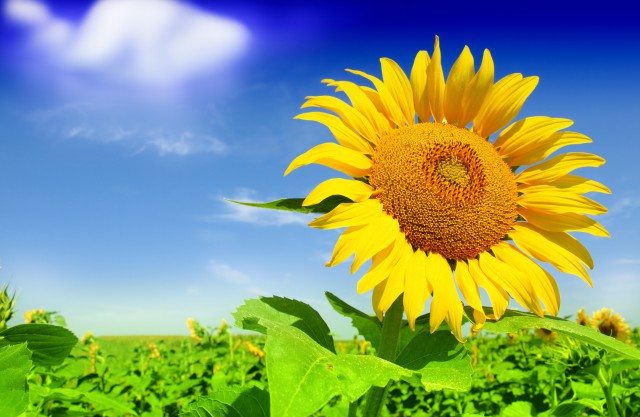Sustainable sourcing has become fashionable in the food industry, with a growing number of companies making such commitments.
However, the increasing number of sustainability schemes raises questions about long-term developments, says organizer of Sustainable Foods Summit.
Coffee, the most traded agricultural commodity, has the highest market share.
It is estimated that almost 20% of all coffee is now sourced according to some sustainability scheme.
Apart from adopting third party labeling schemes, companies like Nestlé and Starbucks have developed their own sourcing programs.
Almost all of Starbucks coffee is now ethically sourced, most according to its CAFÉ or Coffee and Farm Equity scheme, totaling over 0.2 million tons of coffee beans per year.
The market share of sustainable cocoa and tea is also rising.
The Fairtrade mark is highly visible on confectionary products containing fairtrade cocoa, whilst the ’green frog’ displays Rainforest Alliance-certified tea.
New initiatives, such as the Union for Ethical BioTrade standard for sustainable herbal teas, are also becoming popular.
Other sustainable sourcing programs are gaining traction because of traceability.
The Non-GMO Project Verified scheme is the fastest growing in North America because of consumer opposition to genetically modified crops.
The market for certified products has grown from nothing to US$16 billion within seven years.
In Europe, sustainability schemes such as Danube Soya and ProTerra are being adopted by companies wanting to verify their supply chains as GMO-free.
A recent development is the increasing number of sustainability schemes for single ingredients.
The Roundtable on Sustainable Palm Oil (RSPO) was initially launched to halt deforestation in Southeast Asia.
By highlighting the opaqueness of global supply chains, the RSPO has encouraged related schemes for sustainable soya and beef.
Backed by the United Nations, the Sustainable Rice Platform was launched in October 2015 as the first sustainability standard for rice.
Similar standards now exist for sustainable sugar, vanilla, and related ingredients.
Corporatized sustainability programs
A counter trend is the growing number of companies developing their own sustainable sourcing programs.
The international pasta company Barilla introduced its sustainable durum wheat program in 2009.
Mondelez Foods has launched a similar initiative for sustainable wheat under its Harmony program.
More than 75% of the company’s biscuits in Western Europe are now made from sustainable wheat.
Sustainable sourcing is also becoming common for other food sectors; for instance, Friesland Campina has implemented sustainable dairy farming to reduce the environmental impact of livestock products.
Such developments raise questions about the way forward for sustainable sourcing.
Will we see an ever-rising number of sustainability labels for agricultural commodities?
Or, will we see more in-house sustainable sourcing programs like those introduced by Starbucks and Barilla?
The former gives greater credibility to sustainability programs, whilst the latter maybe more pragmatic for companies.
Whatever the way forward, sustainable sourcing will become a permanent fixture in the food industry.
Story by Organic Monitor










